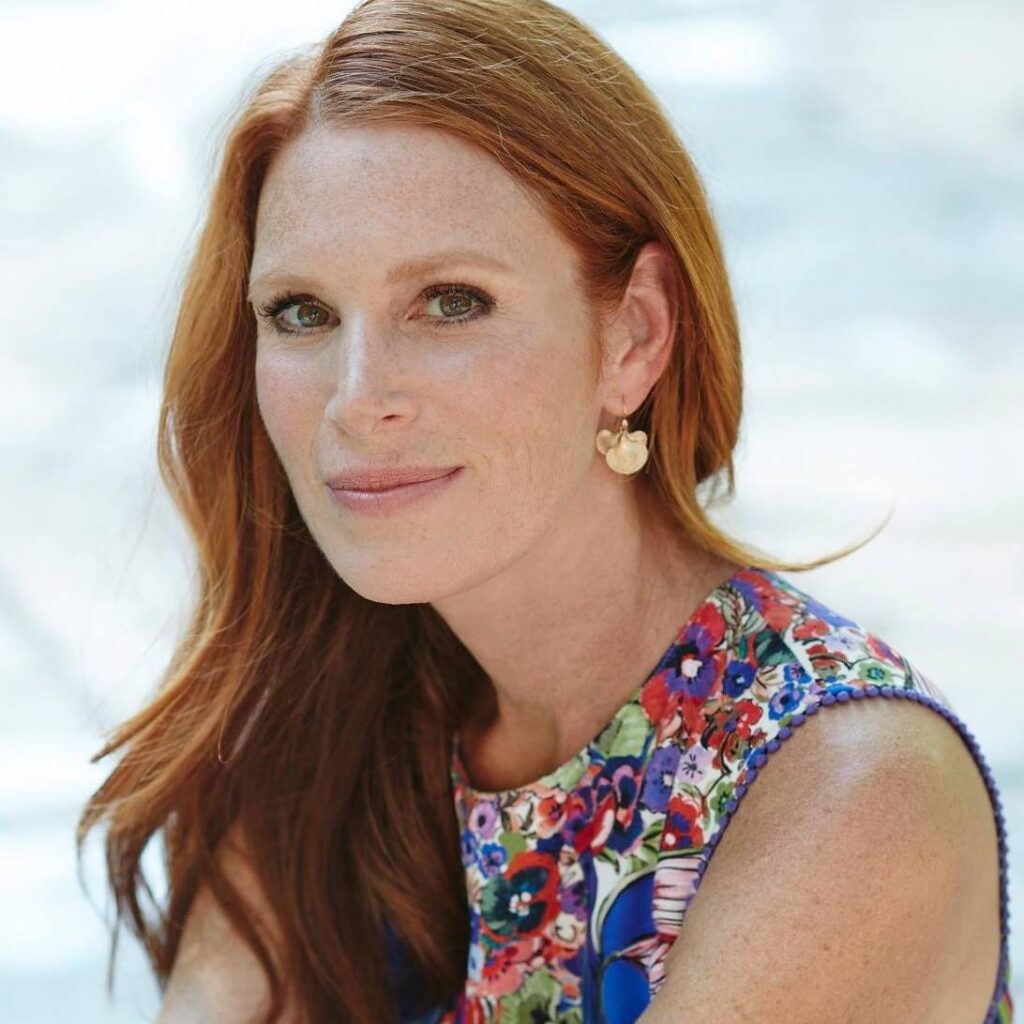Isabel Rose is a recording artist, author, and mother whose personal experiences with Lyme disease have motivated her to become an advocate for tick-borne disease awareness and education. She has been a Board Member of Project Lyme since 2019. Currently, Isabel runs Mothers Against Lyme, an initiative of Project Lyme, which offers support groups for mothers in need with a focus on congenital and pediatric Lyme disease. Project Lyme is excited to announce Isabel is being honored at the upcoming 2023 Gala. We recently sat down with Isabel to learn more about her experiences and the lessons she’s learned from years of fighting Lyme.
Can you share a little bit about your Lyme disease journey?
After suffering from a myriad of symptoms beginning in my early childhood (which culminated in two hip replacements and an assessment for early onset dementia when I was still in my late thirties), I was finally diagnosed correctly with Lyme disease and a cornucopia of coinfections. I was 48 years old with two sick children at home—both on the autism spectrum and one of whom is also transgender. Once I understood my diagnosis, I immediately had the whole family assessed. Both my children and my husband tested positive. We also struggle with many related issues, like PANS/PANDAS, MCAS, joint problems, gastrointestinal problems, and food sensitivities. You name it, one of us is probably managing life with it!
What are a few key takeaways from your experiences with Lyme that would be valuable for other Lyme warriors to know?
Find community. Friendship with others who understand what you are going through is invaluable.
Avoid the deniers, whether they be doctors or friends (or even family members). Begging someone to believe you is not worth your time or the stress it may cause. Focus on what you can do for yourself and your children, and leave it there.
I also encourage others not to waste time diagnosing people who don’t want to be diagnosed. Though you may be certain someone you know has Lyme Disease or a related issue, if you mention it once and that person refuses help or shakes their head in doubt, move on.
Stress truly does make symptoms worse, as does the wrong diet and lack of sleep. Do what you can to improve these basics. They don’t necessarily require a prescription, special laser, or IV treatment, and they go a long way toward improving health outcomes.
Can you talk about your involvement with Mothers Against Lyme? What do you hope the group can accomplish for the Lyme community?
In the absence of enough support from the established medical community, and with so few proven treatment methods available at this moment in time, support groups are a great way to share information. They’re also a necessary, safe place where gaslit women can gather without being doubted or dismissed.
I’m often asked, “Why just mothers?” While I applaud every person managing life with Lyme disease, I have a special place in my heart for mothers. They are the closest observers of their children and the ones who drag them from practitioner to practitioner, never giving up until they find help.
A very high percentage of the women in our group report having given their children Lyme disease in utero. Many of these kids are on the autism spectrum and/or deal with a list of neurological and physical issues that are almost unimaginable and which often come by the handful.
Many mothers are often sick themselves and need a safe place to find sustenance to go on fighting. Instead of burdening burnt-out spouses or friends, women can congregate with like-minded souls who have no judgment and a greater capacity to absorb mutual grief, outrage, guilt, and bewilderment.
Many of our mothers are supporting grown children who are too sick to go out into the world. Several have given up careers; many have lost marriages because of the stress and devastation caused by this disease.
Mothers are the ones who give and give and give, often without getting much back. These support groups seek to give something back, whether it’s advice, friendship, shared anger, or sympathy.
For many, the groups are a lifeline in an otherwise choppy ocean of anxiety and hopelessness. They are truly a haven.



